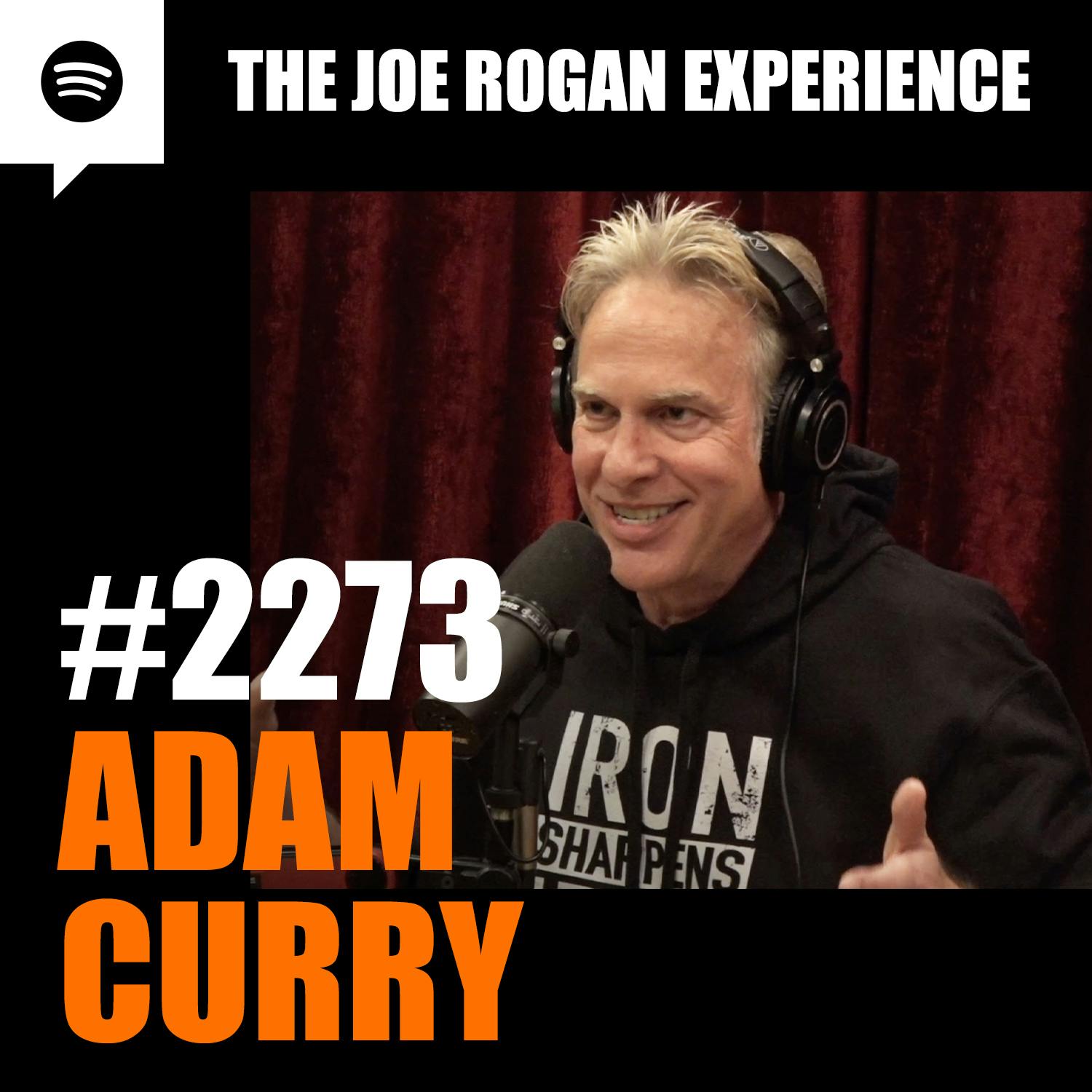
September 18, 2024 • 2hr 43min
#2204 - Matt Walsh
The Joe Rogan Experience

Key Takeaways
- Matt Walsh's new film "Am I Racist?" uses humor and undercover interviews to expose the absurdity of modern "anti-racist" ideology and race hustlers
- Walsh argues that true racism still exists but is rejected by mainstream society, while accusations of "systemic racism" are often overblown
- Social media and online discourse have created echo chambers and increased polarization around racial issues
- Walsh believes free speech should be protected, even for offensive or incorrect views, to allow for open debate
- Rogan and Walsh discuss concerns about government and tech company censorship of speech under the guise of combating "misinformation"
- They argue exposing children to social media, smartphones and online content too young can be harmful
- The conversation touches on various conspiracy theories and distrust in institutions, while maintaining skepticism of extreme claims
Introduction
Joe Rogan interviews Matt Walsh, a conservative political commentator and filmmaker, about his new satirical documentary "Am I Racist?" The film uses undercover interviews and staged scenarios to expose what Walsh sees as the absurdity of modern "anti-racist" ideology and race hustling. Walsh explains his approach of playing along to get subjects to fully reveal their views. Rogan praises the film's humor and effectiveness in highlighting ridiculous ideas through comedy rather than angry arguments.
Topics Discussed
Overview of "Am I Racist?" Film (0:00)
Walsh describes some of the most memorable scenes from his film, including:
- Interviewing "White Fragility" author Robin DiAngelo and getting her to pay "reparations" to a Black producer
- Attending a "white grief" support group where participants express shame over their whiteness
- Staging an "anti-racist workshop" where some participants were willing to self-flagellate with whips
Walsh explains his deadpan approach was necessary to get subjects to fully express their views without becoming defensive. Rogan praises Walsh's ability to stay in character, saying he would have broken into laughter.
Views on Modern Racism and "Anti-Racism" (10:00)
Walsh argues that while real racism still exists, it is largely rejected by mainstream society. He contends that accusations of "systemic racism" are often overblown:
- True racists are a small minority who are widely condemned when they express their views publicly
- The election of Barack Obama demonstrated America is not systemically racist against Black people
- Many "anti-racist" efforts end up promoting racial division rather than unity
- Concepts like "white privilege" and "white guilt" are unhealthy and counterproductive
Rogan agrees that racism exists but is skeptical of claims that it is as widespread as some activists claim. He suggests the focus on race has increased polarization.
Social Media and Online Discourse (30:00)
The conversation turns to how social media and online discourse have impacted discussions of race:
- Echo chambers reinforce extreme views and increase polarization
- Anonymity allows people to express hateful views they wouldn't in person
- Algorithms can manipulate what information people see, potentially swaying opinions
- Walsh argues many "woke" people live in bubbles where they never encounter opposing views
Rogan expresses concern about the mental health impacts of constant social media use and exposure to negative content online.
Free Speech and Censorship (1:00:00)
Walsh and Rogan discuss threats to free speech, particularly around racial issues:
- They argue even offensive or factually incorrect speech should be protected
- Concerns about government and tech companies censoring speech under guise of fighting "misinformation"
- Walsh: "You should have the right to express whatever your opinion happens to be...wrong or right, reprehensible or not."
- Rogan praises Elon Musk for preserving free speech on Twitter/X
Both express skepticism of efforts to regulate "hate speech," arguing the term is too subjective and could be abused.
Social Media and Children (1:30:00)
The discussion turns to concerns about exposing children to social media and smartphones:
- Walsh does not allow his children to have smartphones or social media accounts
- Rogan agrees young children shouldn't have unrestricted internet access
- Concerns about exposure to pornography, violence, and other inappropriate content
- Addictive nature of phones/social media, especially for developing brains
Both suggest future generations may view giving young children smartphones as irresponsible, similar to views on smoking today.
Conspiracy Theories and Institutional Distrust (2:00:00)
The conversation touches on various conspiracy theories and growing distrust in institutions:
- Rogan expresses some skepticism about details of the Apollo moon landings
- Discussion of JFK assassination theories
- Concerns about potential election manipulation by tech companies
- Walsh argues many institutions have lost credibility through dishonesty
While entertaining some alternative theories, both maintain skepticism of extreme conspiratorial claims.
Trump and Current Politics (2:30:00)
The final segment covers Donald Trump and the current political landscape:
- Discussion of legal cases against Trump and potential impacts
- Speculation about 2024 election and beyond
- Walsh argues many Trump critics misunderstand his appeal and weaknesses
- Both express concern about increasing political polarization
Rogan and Walsh agree the political climate has become increasingly toxic and divisive in recent years.
Conclusion
The wide-ranging conversation covers Matt Walsh's satirical approach to exposing what he sees as absurd "anti-racist" ideology, while touching on broader issues of free speech, social media's societal impacts, and political polarization. Both Rogan and Walsh express concern about threats to open discourse and advocate for protecting even offensive speech. They argue many modern anti-racism efforts are counterproductive and increase racial division rather than unity. The discussion reflects growing distrust in institutions and mainstream narratives, while maintaining skepticism of extreme conspiratorial claims.









